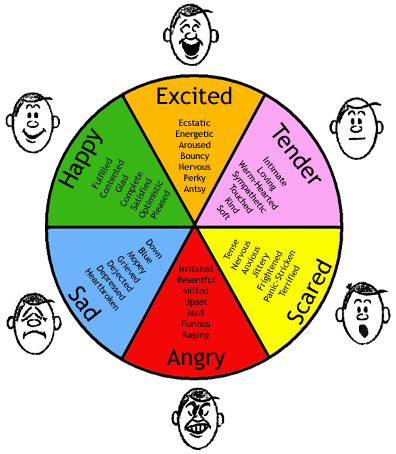Too Many Temper Tantrums? Why Better Language Matters in Preschoolers
Tired of too many time outs? It might not be your preschooler’s fault entirely. New research published in the journal of Child Development suggests temper tantrums might be tied to language abilities in preschoolers. According to the longitudinal study from Penn State, toddlers with more developed language skills are better able to manage frustration and less likely to express anger by the time they’re in preschool. This news highlights the importance of speech therapy techniques in early childhood that can reduce frustrations resulting from the inability to communicate effectively. Without the proper words, children can struggle to express emotions and feelings during times of frustration.
Author and lead investigator, Pamela Cole set out to answer the question, “Does developing language ability reduce anger between ages 2 and 4?” This is a critical age for development. At two years old, toddlers are acquiring language and have rapidly growing vocabularies. At the same time, however, their need for independence and sense of control also expand. The result? Often a power struggle ensues and the frustration of understanding more than what they can express results in aggravation. By the time children reach preschool, they are expected to have gained enough expressive language skills to express how they’re feeling and, “use their words.”
http://youtu.be/aZLX4OT5NmI
The Study:
Cole’s study looked at 120 children, 18 months to 48 months of age. Researchers measured children’s language and their ability to cope with tasks that might elicit frustration. In one lab-task, children were asked to wait eight minutes before opening a gift while their moms finished “work.” During the eight minutes, the children’s anger and regulatory strategies were observed, some of which were very interesting. There were children who asked their mom’s for support (“Mom, are you done yet?”) while other’s distracted themselves from the gift by making up a story or counting out loud.
Results:
Children with better language skills as toddlers and whose language developed more quickly expressed less anger at age 4 than their peers whose toddler language skills weren’t as good. The study found that the children that were more likely to calmly seek their mother’s support while waiting at age three predicted less anger at age 4. Further, the children with better language skills at age 4 were better able to occupy themselves and endure the wait time.
Stimulate Language
Cole says this study is “evidence of early language abilities predicting later aspects of anger regulation” and that “language skills may help children verbalize rather than use emotions to convey needs and use their imaginations to occupy themselves while enduring a frustrating wait.” This means parents of children in toddler and preschool years can provide language-rich environments and help build their children’s vocabulary through play, book reading and by talking aloud (label the emotions you see and hear from your child) to help develop healthy emotional habits. During pretend play, parents can model emotions (“Mr. Bear is feeling sad because he lost his blanket”) and help act out healthy and positive solutions to the problem (“Maybe he should ask him mommy to help him find it”). If you’re not sure how to set up pretend play situations or find it hard get to started, try your local children’s museum for fun and stimulating activities that can spark language-rich experiences.
Suggested books for developing emotion and feeling vocabulary include:
Today I Feel Silly (Jamie Lee Curtis)
Glad Monster, Sad Monster (Ed Emberly)
Hands are Not for Hitting (Martine Agassi, PhD)




Thank you so much for sharing our blog on validating children’s feelings! And this is an incredible post. Pinning now :)